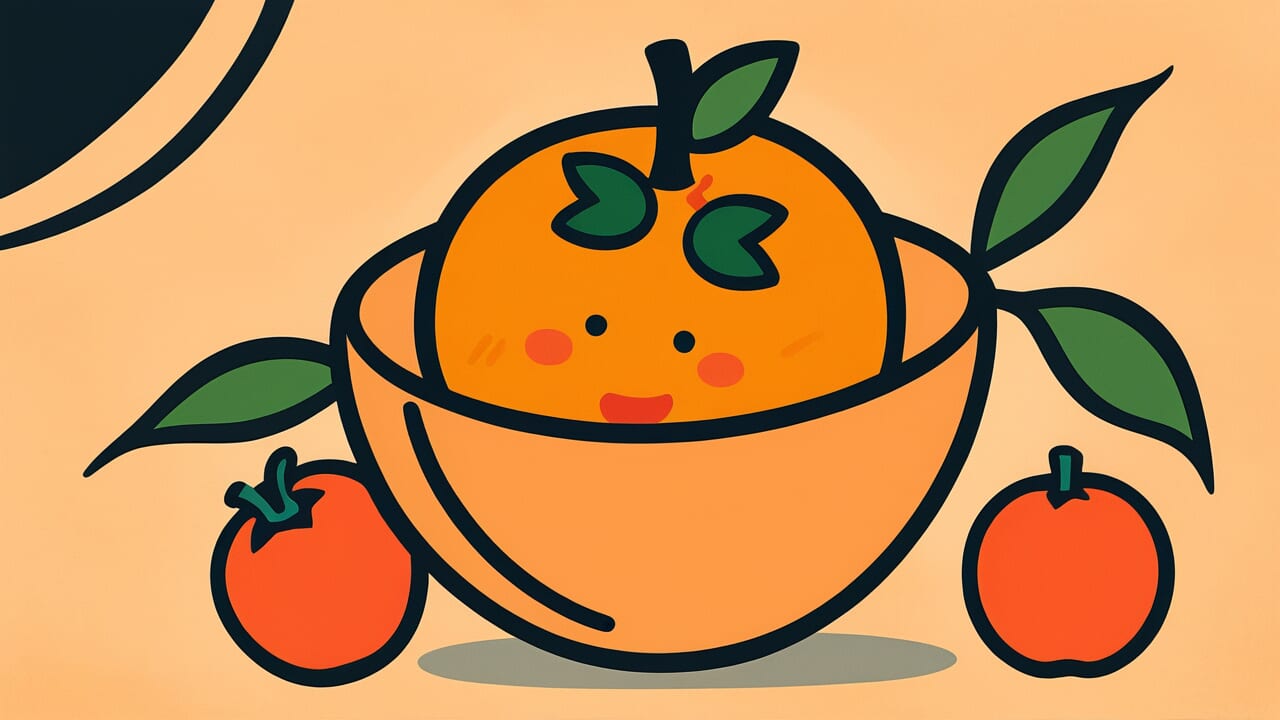How to Read “Truth lies beyond lies”
Jitsu wa uso no oku ni ari
Meaning of “Truth lies beyond lies”
This proverb is a warning that truth often hides behind falsehood. Even when the information or words you see on the surface are lies or deceptions, real facts lurk deep beneath them.
You use this saying when someone’s words or a situation seem suspicious. It also applies when you face complex circumstances that can’t be judged by surface information alone.
Even when a situation appears full of contradictions and lies, careful observation can reveal clues to the truth.
People use this expression to emphasize the need to look deeper rather than judge things by their surface. Modern society overflows with information, making it hard to distinguish truth from falsehood.
This proverb reminds us of the importance of not being misled by lies or misinformation. Instead, we should maintain an attitude of seeing through to the truth behind them.
Origin and Etymology
No clear records show the first written appearance or origin of this proverb. However, the structure of the words offers interesting insights.
The word “jitsu” (truth) has long been an important concept meaning “reality” or “what is real.” Meanwhile, “uso” represents falsehood or deception.
The proverb’s distinctive feature is how it connects these two opposing concepts through the spatial relationship of “oku ni ari” (lies beyond).
Japan has long had a cultural sensitivity that recognizes dual structures. These include surface and depth, public stance and true feelings.
This worldview holds that something more essential hides behind what appears on the surface. This proverb likely extends from that recognition.
The choice of the word “oku” (beyond/deep within) is also suggestive. Rather than simply “ura” (behind) or “ushiro” (back), using “oku” implies something important.
It suggests that reaching the truth requires passing through superficial falsehoods and digging deep.
In human society, truth rarely emerges directly on the surface. Instead, for various reasons, falsehoods and misinformation stand in front while truth hides in their shadow.
Perhaps the insight of ancestors who saw through this complex reality of human society is condensed in these simple words.
Usage Examples
- His excuses are full of contradictions, but truth lies beyond lies—the key to solving the mystery must be hidden within those contradictions
- The testimonies in this case are all conflicting, but truth lies beyond lies, so let’s examine them carefully
Universal Wisdom
In human society, truth rarely appears directly on the surface. Why is this? It’s because people have instinctive desires to protect themselves, look good, and escape responsibility.
People tell lies to hide the truth. Those lies call forth other lies. Eventually, truth becomes covered by multiple layers of falsehood.
The deep insight this proverb shows isn’t simply a warning to “not be fooled by lies.” Rather, it teaches a paradoxical truth.
The existence of lies itself can become a signpost to the truth. When people lie, there’s always a truth they want to hide. Lies are the shadow of truth.
Since ancient times, people have seen through this human nature. No society exists that consists entirely of truth.
So in a world where falsehood and truth mix together, how do we reach the truth? That wisdom is embedded in this proverb.
Don’t take surface words at face value. Think about why that lie was necessary. Pay attention to contradictions and unnaturalness.
Such an attitude becomes the key that opens the door to truth. This proverb may be a gift from our ancestors for surviving complex human society.
When AI Hears This
In digital communication, we deliberately add extra information when sending data. For example, when sending 3 bits of data “101,” we repeat it three times as “101101101.”
Even if noise corrupts part of it to “101001101,” taking a majority vote restores the correct “101.” This is the basic principle of error correction codes.
What’s interesting is that lies work the same way. When multiple testimonies exist about some information and lies are mixed in, people naturally start cross-checking the information.
In other words, the existence of lies as “noise” triggers the process of verifying truth. If only perfectly matching information existed from the start, people might accept it without questioning.
In information theory, higher redundancy increases error correction ability but decreases transmission efficiency. The same applies to human society.
Too many lies make the cost of extracting truth too high, causing dysfunction. However, a moderate presence of lies activates “verification mode” in information receivers.
As a result, it has the effect of making them grasp the truth more reliably. The impurity called lies becomes a catalyst for refining the gold called truth.
Lessons for Today
What this proverb teaches you today is how to approach information. We encounter vast amounts of information daily through social media and news.
We increasingly struggle to judge what’s real and what’s false.
What matters is developing the habit of not taking surface information at face value. When you sense contradiction in someone’s statement, it might be a clue to the truth.
Why did that person need to say that? What are they trying to hide? Thinking this way makes invisible things visible.
This perspective helps in the workplace and personal relationships too. Read not just the other person’s words but their background and context.
Behind surface conflicts, the real problem might be hiding.
However, this doesn’t mean becoming paranoid. Rather, it means having the flexibility to see things from multiple angles.
Don’t rely on just one information source—verify from multiple perspectives. Don’t fear contradictions; look for hints of truth within them.
Such an attitude should guide you toward wiser judgments.



Comments